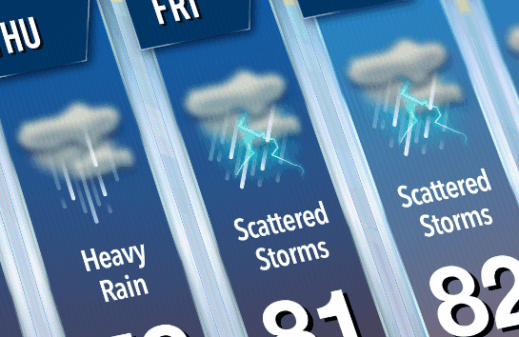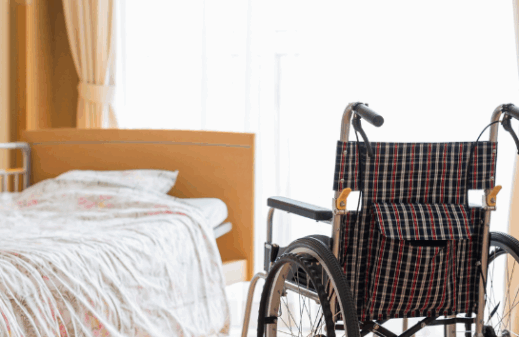Forty percent of adults over the age of 65 take more than five medications daily. This number is only going to rise as the 65 and over population continues to grow. Medication is a concern for assisted living facilities and adult residential care homes across the country.
Medication administration, whether self-administered or limited, is a typical service offered in assisted living. More medication results in a bigger potential for errors. Misreading labels, forgetting to give medications, or administering the wrong amounts can all lead to life-threatening results.
Here are seven parts of a proper medication management program you can use to minimize errors in your facility.
- Establish administering type. Most assisted living models offer two types of medication administration, self and limited. Self-administration means the resident is responsible for taking any and all medications. Limited administration means they need assistance with taking medications. When a resident enters your care, establish which type they will be. Mark this in their file and make any necessary adjustments if their condition changes.
- Double-check incoming medications. Assign one of the caregivers to check incoming medications. If the pharmacy delivers them, you should receive a list of every medication included. Verify that each arrived and that the dosage matches the resident’s charts.
- Document everything. Document everything related to medications with dates and initials. The more you document, the better protected you are in the event of an error or incident. Record deliveries, who and when they were verified, when residents received their medications, and any unusual symptoms, etc.
- Keep medications in a locked cabinet. Keep medications in a locked cabinet or cart when not being administered. This prevents theft and residents taking medications when they are not supposed to.
- Audit medications and records. The administrator should conduct random audits of the medication cabinet and records. Look for missing doses, tampered packaging, and anything appearing unusual. Document any findings in a logbook. Review records to make sure caregivers are properly documenting administered medications, refusals, and additional comments.
- Notify doctors or pharmacies of any discrepancies. If any medications are missing or don’t arrive with the delivery, contact doctors and pharmacies immediately. It’s also important to notify doctors of any reactions from medications or changes in the resident’s behavior. Sharing this information gives them more time to make necessary changes and avoid an adverse outcome.
- Notify families. Keep the communication lines open with families in regards to medications. Sometimes residents will refuse to take their medication or complain about the way medications make them feel. Informing family of these concerns gives them a chance to discuss solutions or visit with the resident to find out what’s upsetting them.
Medication management is a big concern for assisted living facility and adult residential care home administrators and owners. Creating a medication policy is the first step to minimizing oversights and errors by your staff. Use these seven steps as your guide today.



